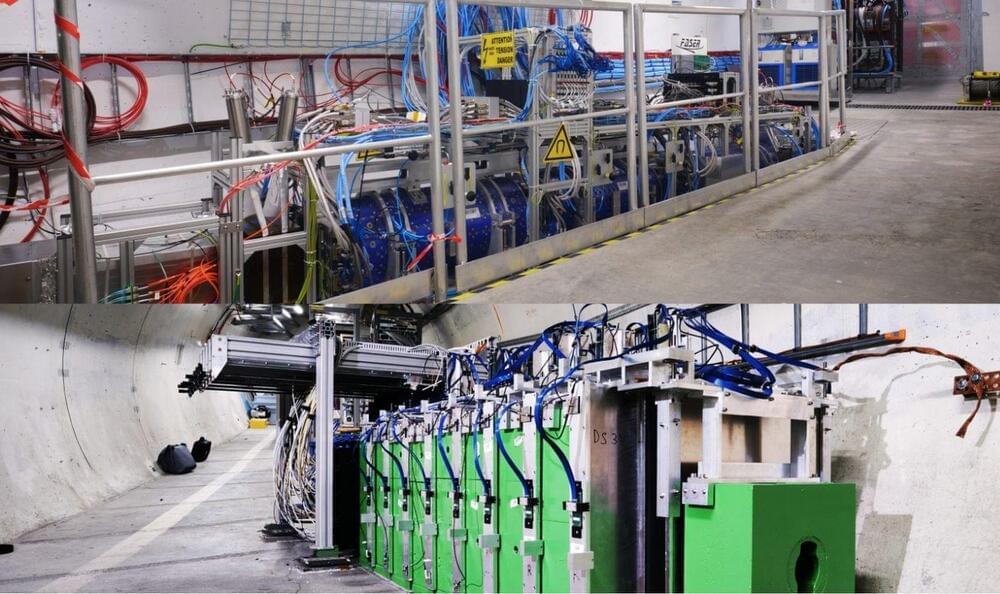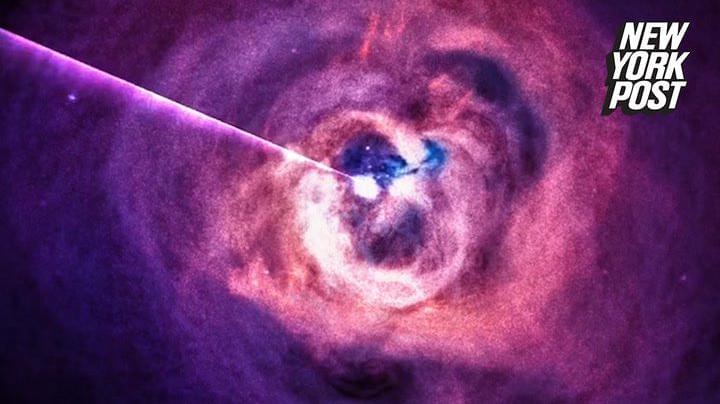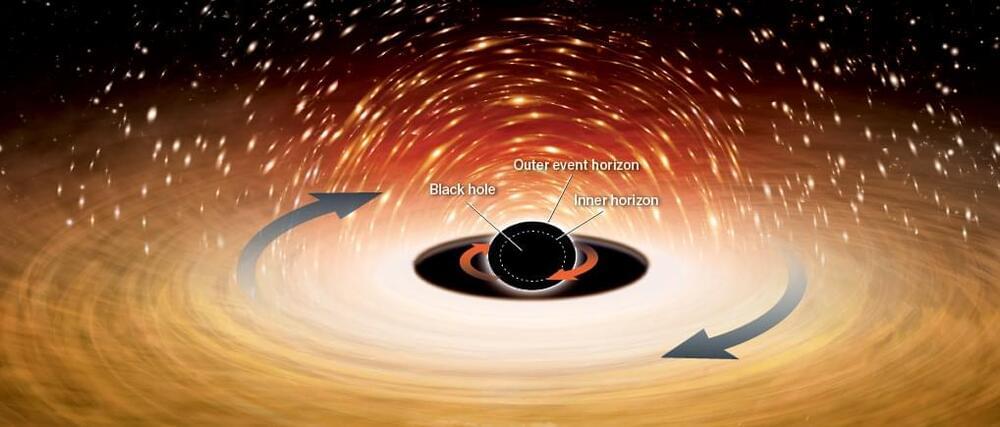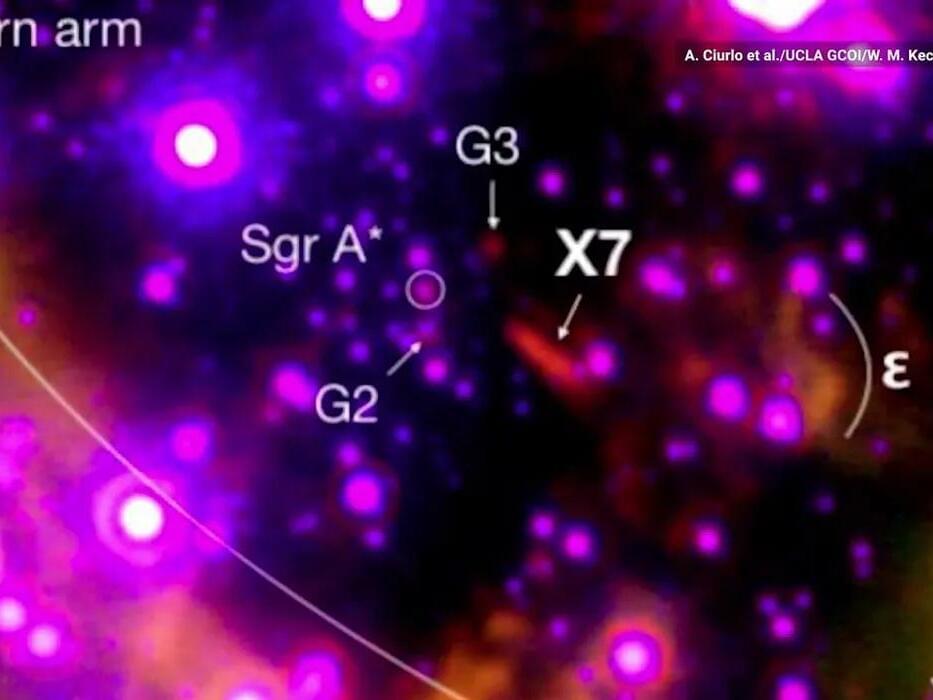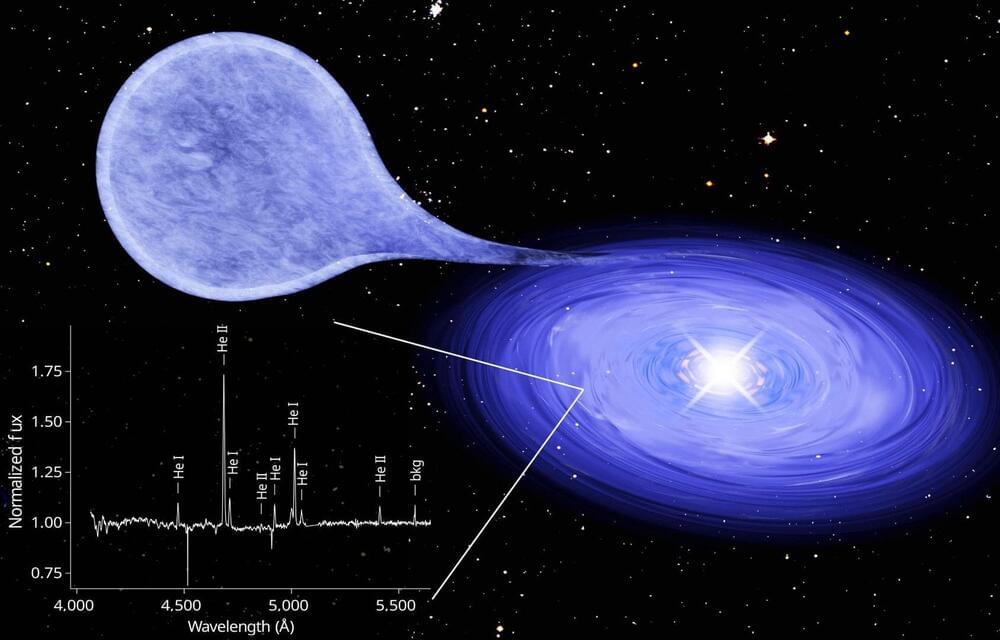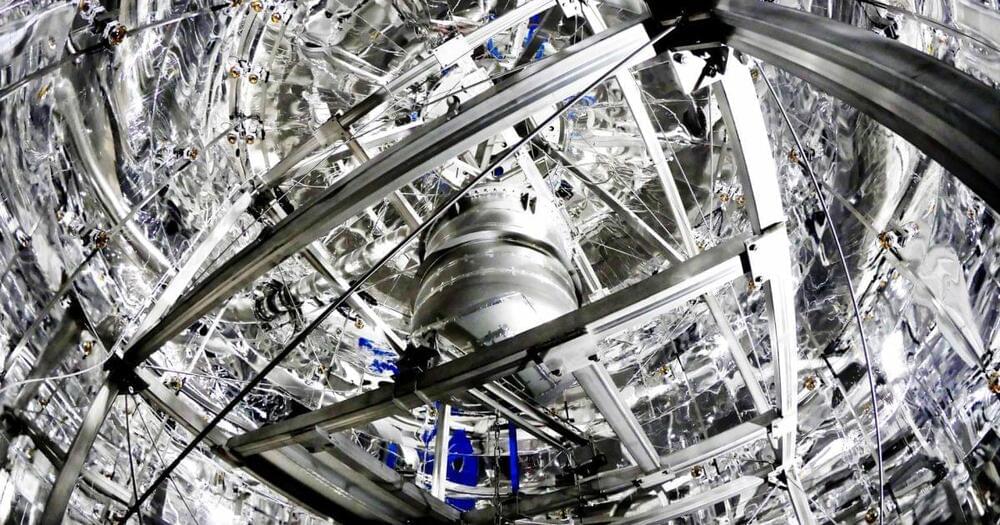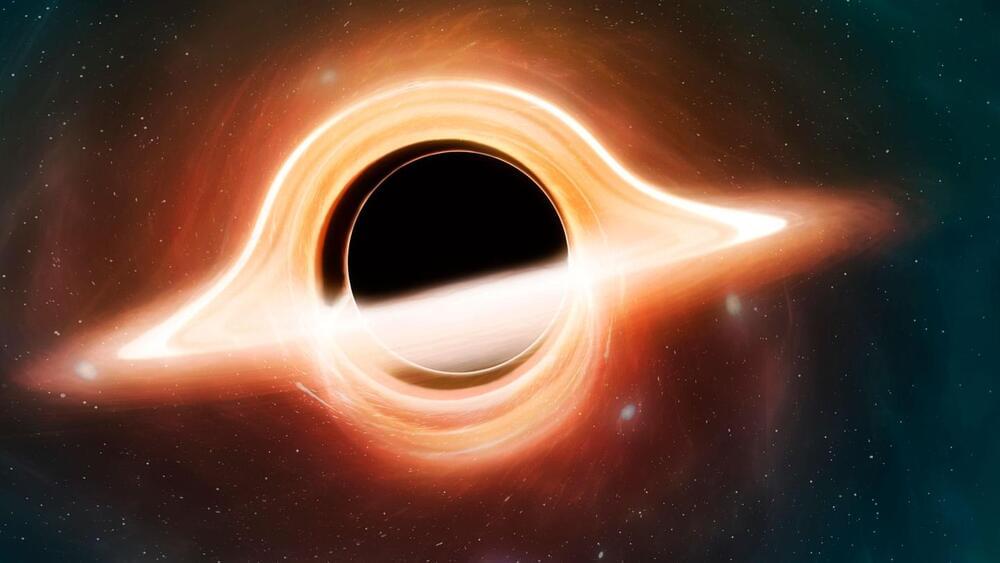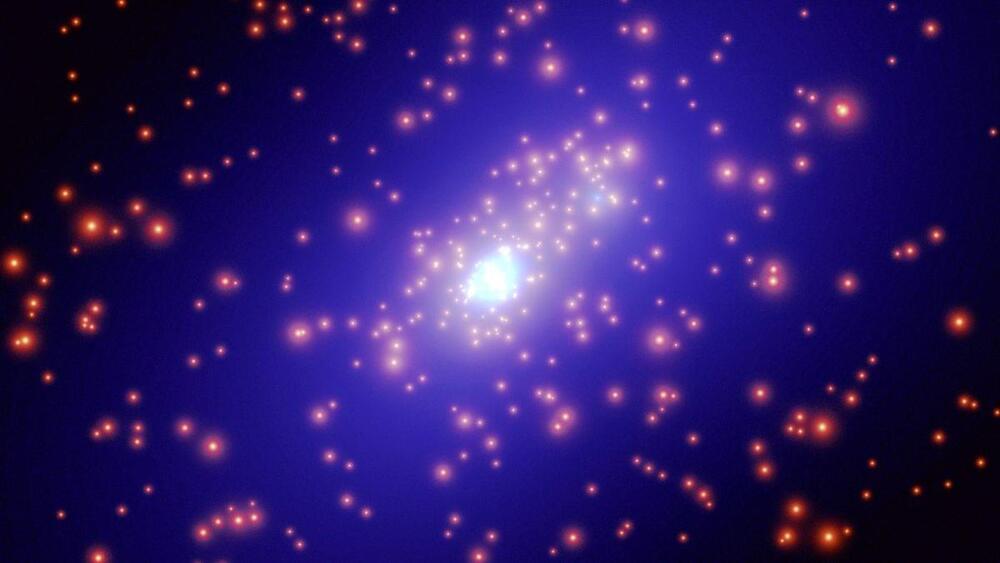Mar 26, 2023
New LHC experiments enter uncharted territory
Posted by Dan Kummer in categories: cosmology, particle physics
Although neutrinos are produced abundantly in collisions at the Large Hadron Collider (LHC), until now no neutrinos produced in such a way had been detected. Within just nine months of the start of LHC Run 3 and the beginning of its measurement campaign, the FASER collaboration changed this picture by announcing its first observation of collider neutrinos at this year’s electroweak session of the Rencontres de Moriond. In particular, FASER observed muon neutrinos and candidate events of electron neutrinos. “Our statistical significance is roughly 16 sigma, far exceeding 5 sigma, the threshold for a discovery in particle physics,” explains FASER’s co-spokesperson Jamie Boyd.
In addition to its observation of neutrinos at a particle collider, FASER presented results on searches for dark photons. With a null result, the collaboration was able to set limits on previously unexplored parameter space and began to exclude regions motivated by dark matter. FASER aims to collect up to ten times more data over the coming years, allowing more searches and neutrino measurements.
FASER is one of two new experiments situated at either side of the ATLAS cavern to detect neutrinos produced in proton collisions in ATLAS. The complementary experiment, SND@LHC, also reported its first results at Moriond, showing eight muon neutrino candidate events. “We are still working on the assessment of the systematic uncertainties to the background. As a very preliminary result, our observation can be claimed at the level of 5 sigma,” adds SND@LHC spokesperson Giovanni De Lellis. The SND@LHC detector was installed in the LHC tunnel just in time for the start of LHC Run 3.
